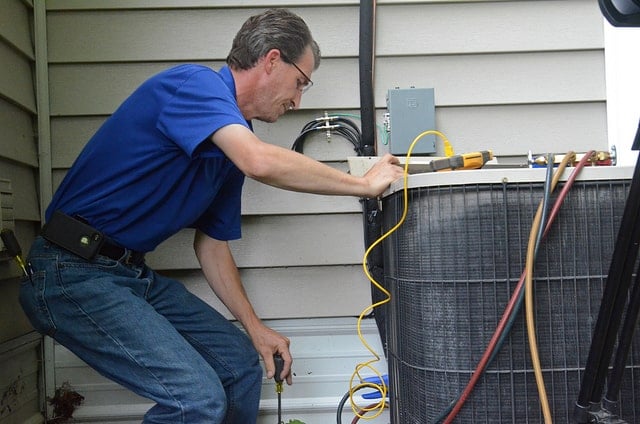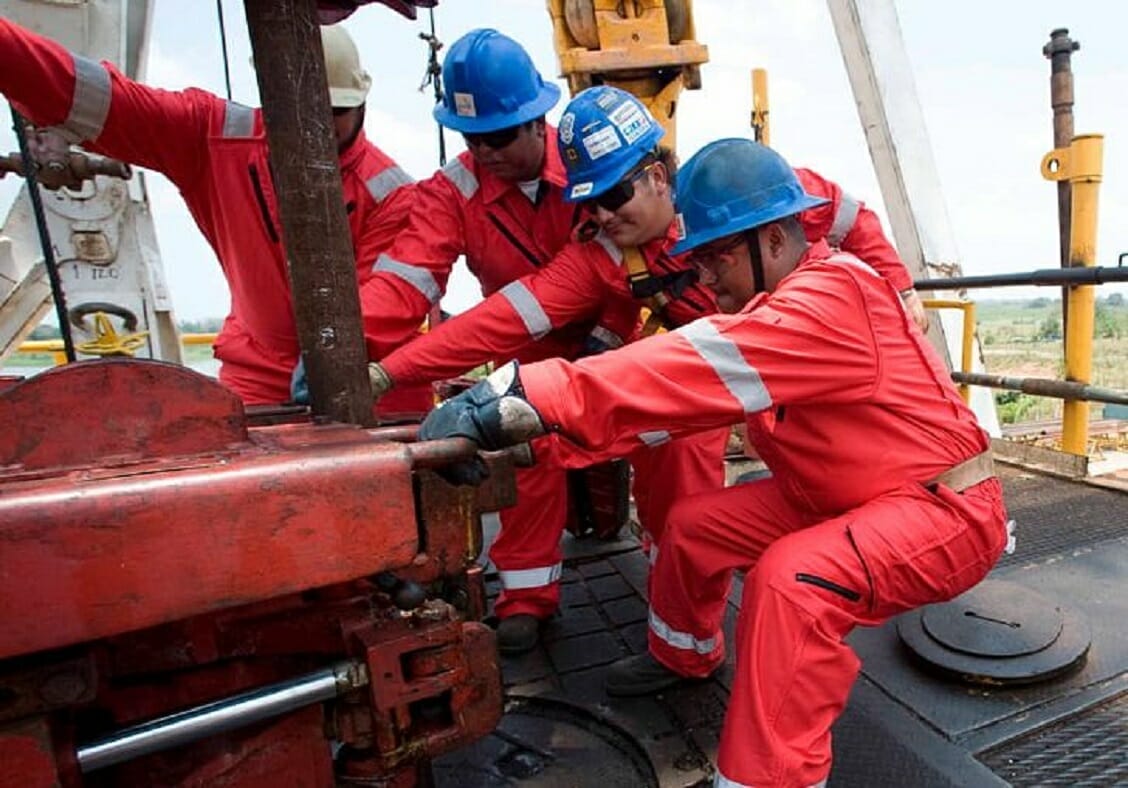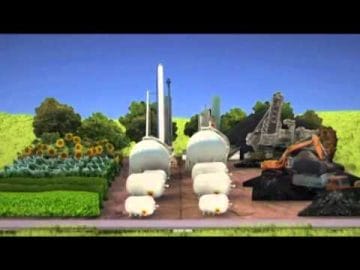Fracking
Trillions of cubic feet of oil and gas may be present beneath the Earth’s surface, drilling companies say. But it can only be done through a process called fracking.
Hydraulic fracturing, or fracking, is an efficient way for energy companies to extract gas and oil from rock that’s deep underground. Fracking injects high-pressure solutions of water, chemicals and sand into these shale deposits to release the oil and gas. But the popular drilling method is generating lots of controversy because of its links to earthquakes, pollution and other problems.
Contrary to popular thought, fracking isn’t exactly a revolutionary new method of drilling. Forms of fracking have been around since the 1940s, but improvements in technology have made it more feasible for energy companies to retrieve oil and gas that were once inaccessible.

Fracking has significantly increased domestic oil and natural gas production. Between 2007 and 2016, United States oil production grew 75 percent and natural gas production grew 39 percent, according to the Independent Petroleum Association of America. And proponents of the extraction method celebrate the fact that is has driven down natural gas prices.
But as fracking has increased so have concerns about its health and environmental impacts. The controversial process has been linked to water contamination and the disposal of wastewater from fracking has triggered earthquakes. Air pollution, greenhouse gas emissions and threats to worker health are also causing alarm.
Hydraulic fracking is essentially designed to recover gas from shale rock by drilling down into the earth before a high-pressure water mixture is directed at the rock to release the gas inside. Using water, sand and chemicals, these are injected into the rock at high pressure allowing the gas to flow out to the head of the well. This process can be done vertically or horizontally to the rock layer, to create new pathways for the gas to be released.

Source: ABC Science
But why is this technique so eloquently resisted by environmentalists?
For starters, it does still promote the use of fossil fuels instead of forwarding the use of renewable sources of energy. The continued reliance to these activities mean that we carbon footprint. Apart from that, environmentalists claim that potentially carcinogenic chemicals used may escape and contaminate groundwater around the fracking site.

Using this process also entails huge quantities of water required to be present at the fracking site, entailing significant environmental cost. Moreover, fracking, being an event of vibrations, can cause small earth tremors and even trigger earthquakes.
Is this an accurate description from the environmentalists? Does fracking really harm our environment? Share your thoughts (comment box below).
















